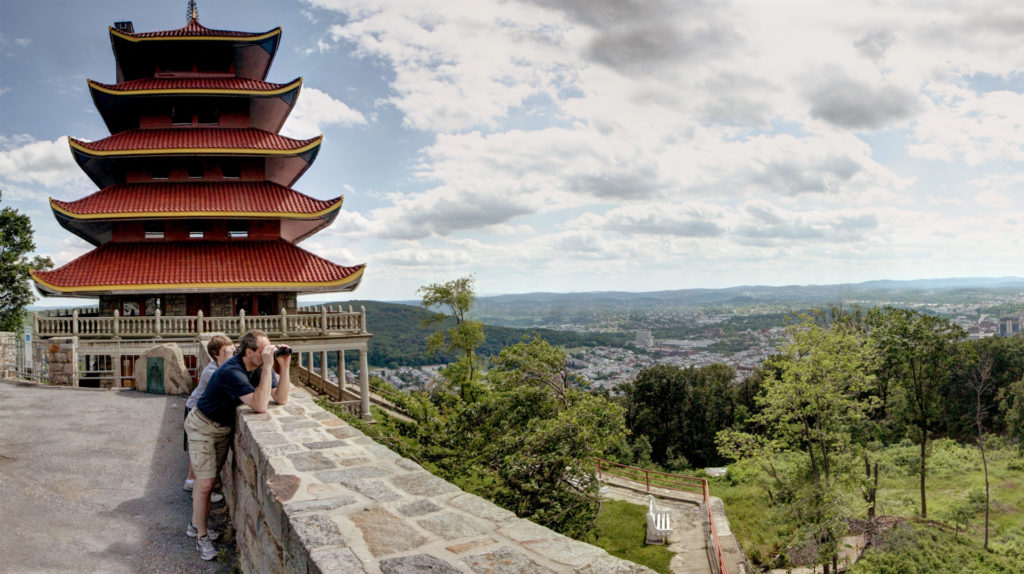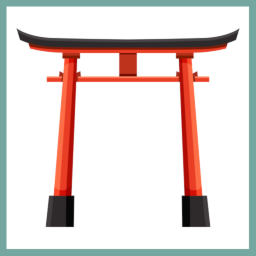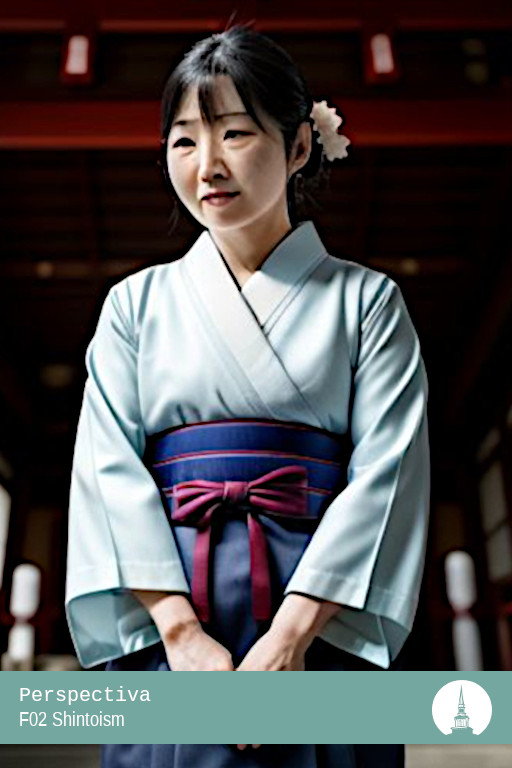Characteristics of the American Shinto Lifeway:
F02 Shintoism
Indigenous Japanese religion emphasizes reverence for kami (spirits), harmony with nature, and ancestral worship.
Shintoism in the United States is a small but evolving religious and cultural community that draws from the indigenous religious traditions of Japan. Shinto, which means "the way of the gods," is deeply rooted in Japanese history and culture, emphasizing reverence for kami, which are spirits or deities associated with various natural elements and ancestors. While Shintoism is primarily practiced in Japan, it has found a niche following among individuals and communities in the United States who are interested in Japanese culture, spirituality, and nature-based religions.

Japanese Diaspora Gatherings
The presence of Shintoism in the United States is often tied to the Japanese diaspora, which includes immigrants and their descendants. Japanese immigrants to the United States, particularly in the late 19th and early 20th centuries, brought with them Shinto traditions and practices. Over time, these immigrants established small Shinto shrines and community gatherings in various parts of the country.
Shinto Religious Life
Shinto religious life centers on the worship of kami, often performed at Shinto shrines. In the United States, some individuals and groups have created their own small-scale Shinto shrines or participate in community events that honor kami. Rituals may involve offerings of food, sake, or symbolic items to appease and seek blessings from these spirits.
Shinto Festivals
Shinto festivals, known as matsuri, are celebrated in some Japanese American communities across the United States. These festivals often feature processions, music, dance, and other traditional cultural expressions that honor local kami or deities. The most well-known Shinto festival outside of Japan is likely the Cherry Blossom Festival, celebrated in various cities across the United States, which highlights the beauty of cherry blossoms and their cultural significance in Japan.
Moving Beyond a Niche Religious Tradition
While Shintoism in the United States remains a niche religious tradition, it has also found appeal among individuals interested in Japanese culture, spirituality, and nature-based religions. Some may incorporate Shinto practices into their daily lives, such as maintaining personal altars or participating in ceremonies that align with Shinto principles.
Summary
In summary, Shintoism in the United States represents a small but culturally significant religious and spiritual community, drawing from Japan's indigenous traditions. Its presence reflects the enduring connections between Japanese immigrants and their descendants with the spiritual and cultural heritage of their homeland.

| TOP TEN BASIC TRADE AREAS | |
| 1 | Honolulu, HI |
| 2 | Hilo, HI |
| 3 | Los Angeles, CA |
| 4 | San Francisco-Oakland-San Jose, CA |
| 5 | Seattle-Tacoma, WA |
| 6 | New York, NY |
| 7 | Chicago, IL |
| 8 | San Diego, CA |
| 9 | Kahului-Wailuku-Lahaina, HI |
| 10 | Fort Collins-Loveland, CO |
